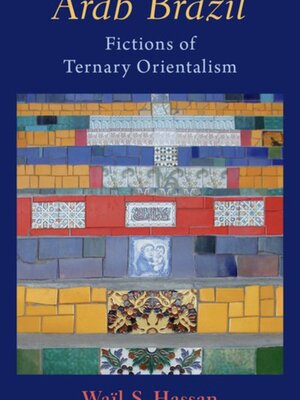
Arab-Brazilian relations have been largely invisible to comparative literature scholarship. In his new book, "Arab Brazil: Fictions of Ternary Orientalism," Waïl S. Hassan, a professor in the Department of Comparative & World Literature, traces the representation of Arabs and Islam in a century of Brazilian literature and popular culture, from the early 1920 to the present, including comparative readings of the uses that Brazilian and Arab Brazilian writers have made of pre-Islamic poetry, the Qur’an, The Book of a Thousand and One Nights, the legacy of al-Andalus, and the writings of Khalil Gibran. Hassan argues that the representation of Arab and Muslim immigrants in Brazil reveals anxieties and contradictions in the country's ideologies of national identity, showing how the Arab East works paradoxically as a site of otherness (different language, culture, and religion) and solidarity (cultural, historical, demographic, and geopolitical ties). Hassan explores the differences between colonial Orientalism's binary structure of Self/Other, East/West, and colonizer/colonized, on the one hand; and on the other hand Brazilian Orientalism's ternary structure, which defines the country's identity in relation to both North and East. (Oxford University Press, March 2024)